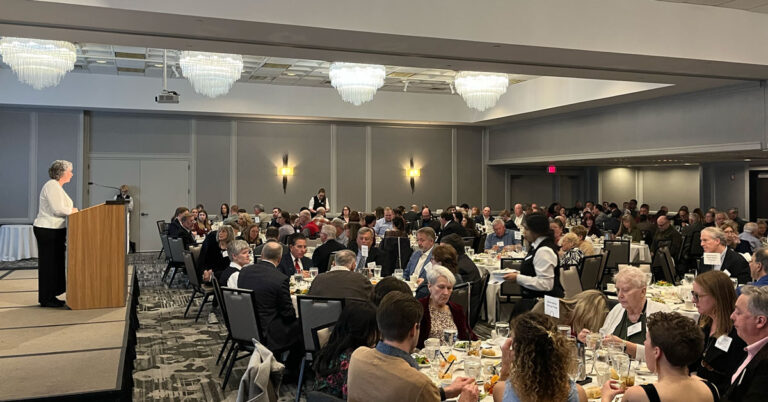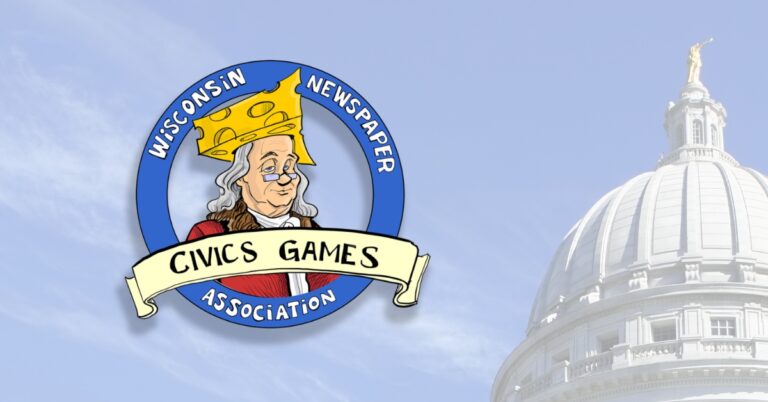Three additional suits stemming from the controversial lame-duck laws remain even after the recent state Supreme Court ruling affirming the GOP extraordinary session in December.
Of the three, only one remains at the state level. That suit was brought in February by the Service Employees International Union and four other unions, as well as northern Democratic state Sen. Janet Bewley. It alleges that by passing lame-duck laws that “strip as much power as possible from the Executive Branch and hand it directly to the Legislative Branch,” lawmakers violated the separation of powers clause in Wisconsin constitution.
Dane County Judge Frank Remington in March ruled in favor of the plaintiffs. He temporarily enjoined parts of the lame-duck laws, including the requirement for the AG to get legislative approval before settling cases, language compelling state agencies to review their guidance documents, and portions of the law letting the Legislature repeatedly suspend administrative rules.
GOP legislative leaders vowed to appeal, and a divided state Supreme Court in April decided to take over the appeal. The court said, “the interests of the state would be best served by the appeal bypassing the court of appeals and proceeding in this court.”
In the process, it took over the entire appeal, including motions that were already pending in the 3rd District. That included a request for temporary relief that would be decided on the briefs already filed.
A split state Supreme Court in early June then chose to stay Remington’s ruling that held up enforcement of lame-duck session actions that prohibited the AG from settling lawsuits without legislative approval.
But the court allowed to remain in place a stay that prevented the Legislature’s actions on guidance documents from taking effect. The GOP-authored laws would have rescinded those documents unless they had been through a new review process by July 1.
The court noted agencies have been under the impression they wouldn’t have to meet that deadline because of the Dane County ruling holding up enforcement of the law and wrote agencies wouldn’t have time to complete the review if the stay was lifted.
The next step is for the Supreme Court to hear oral arguments. Lester Pines, the attorney who has represented the governor in a number of legal challenges to the lame-duck laws, told WisPolitcs.com the June 21 ruling in the League of Women Voters of Wisconsin case would have little effect on the SIEU case.
“They are dramatically different cases,” he said. “The issue is about the separation of powers. And that’s distinct from the League of Women Voters case, which was about the power of the Legislature under the constitution.”
The court has ordered attorneys for both sides to begin briefing the issues and set deadlines running until September.
Meanwhile, two challenges to the extraordinary session are being considered in federal court.
The first suit — filed in December by the liberal One Wisconsin Institute, Citizen Action of Wisconsin Education Fund, and others — seeks to block provisions restricting early voting that were included in the lame-duck laws. Those measures limit in-person absentee voting to two weeks before Election Day, among other things.
The complaint argued the law’s provisions “are in direct violation” of an injunction U.S. District Judge James Peterson issued in 2016 after the institute sued to block restrictions on early voting locations and hours.
It asked the judge to throw out a requirement under the law restricting college students’ ability to use certain college IDs to vote. The groups are also seeking to allow temporary voting passes held by individuals waiting for an official ID to be valid for 180 days, rather than 60 days under the law enacted during the lame-duck session.
Peterson ruled in favor of the plaintiffs in January and struck down the provisions outlined in the case. In his ruling, the federal judge said it was “not a close question” that the GOP lame-duck restrictions violated an earlier injunction he issued.
He also ruled the measures prohibiting a voter from using an expired student ID or a temporary voter ID for more than 60 days violated his prior injunction as well.
An appeal of Peterson’s ruling in the 2016 case, which the One Wisconsin Institute suit was filed under, awaits a decision by a three-judge panel in the 7th U.S. Circuit Court of Appeals. The court heard arguments in that case in February 2017 but has not taken action on it since.
The final challenge to the lame-duck laws comes from the state Democratic Party, which in February brought a case in federal court alleging the measures were intended to blunt the results of the November elections that put Tony Evers and Josh Kaul in office.
The suit argues that action violated the constitution, inappropriately interfered with the right of voters to free expression and association and discriminated against Dems based on political viewpoints and diluted their voices.
Like the OWI suit, the DPW case is also before Peterson, who has set oral arguments for September 2020.
The plaintiffs are also seeking an injunction blocking enforcement of the lame-duck laws.
A DPW spokesman said he expects to see Peterson’s decision on that request in mid-to-late August.
For more, visit WisPolitics.com
The Capitol Report is written by editorial staff at WisPolitics.com, a nonpartisan, Madison-based news service that specializes in coverage of government and politics, and is distributed for publication by members of the Wisconsin Newspaper Association.
Copyright © WisPolitics.com



